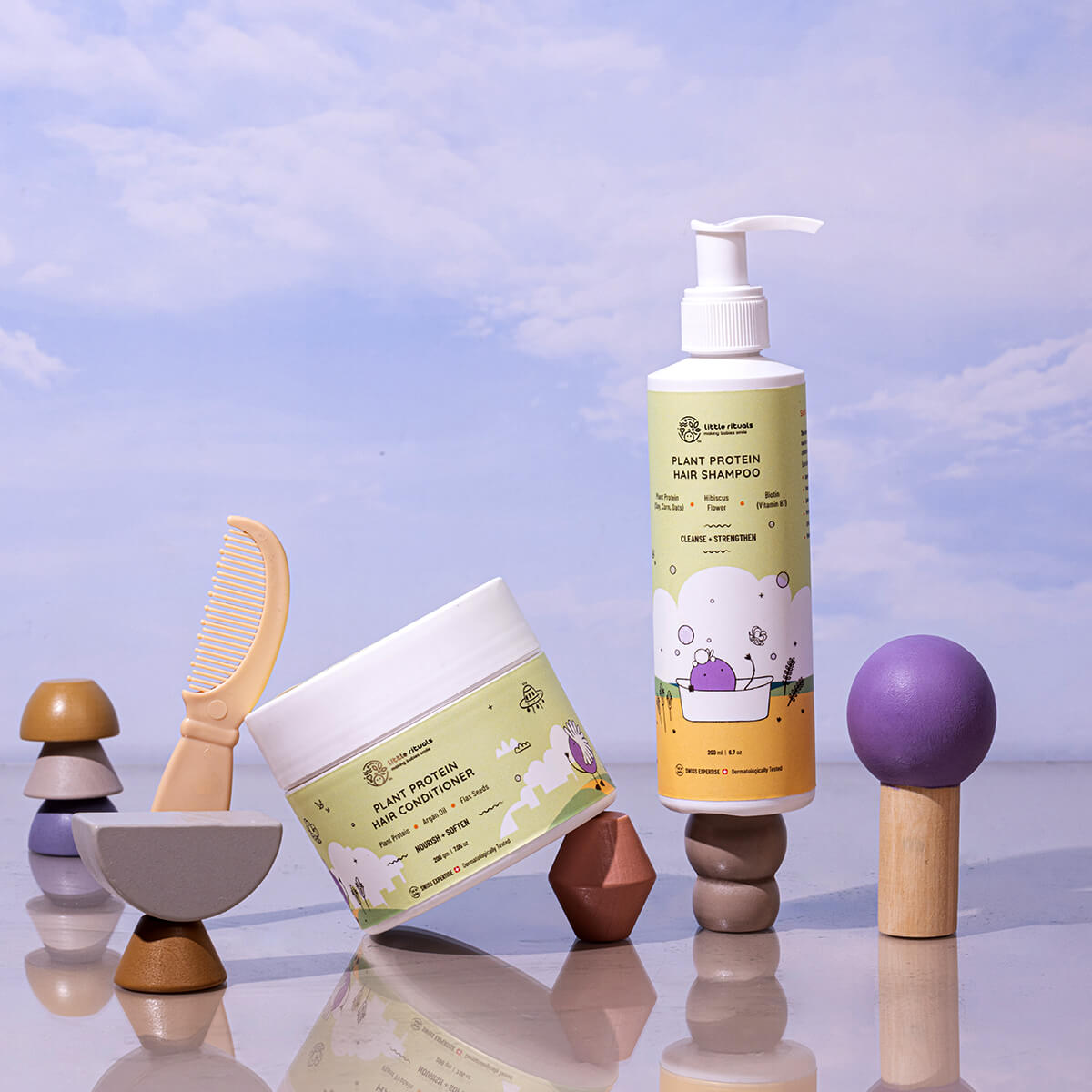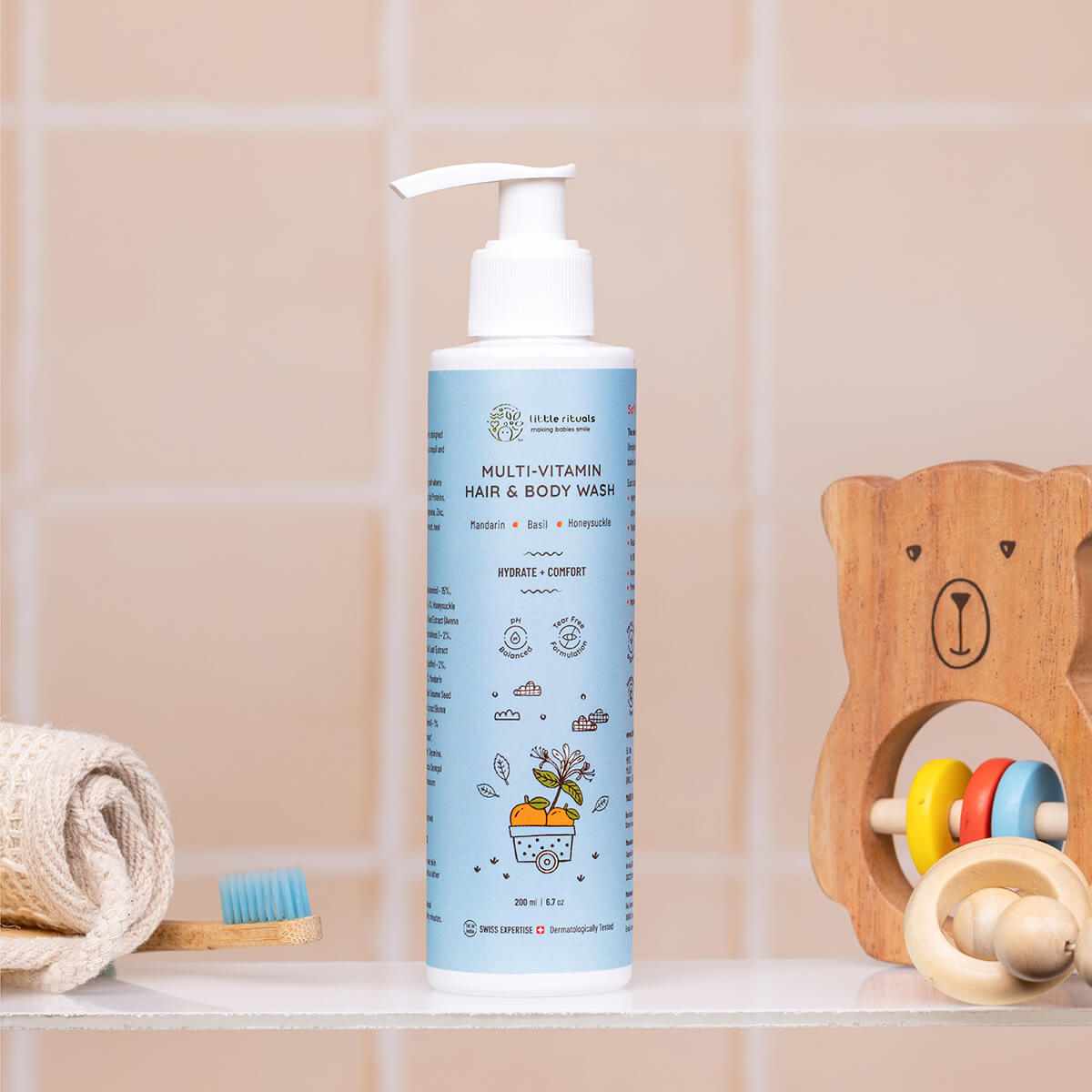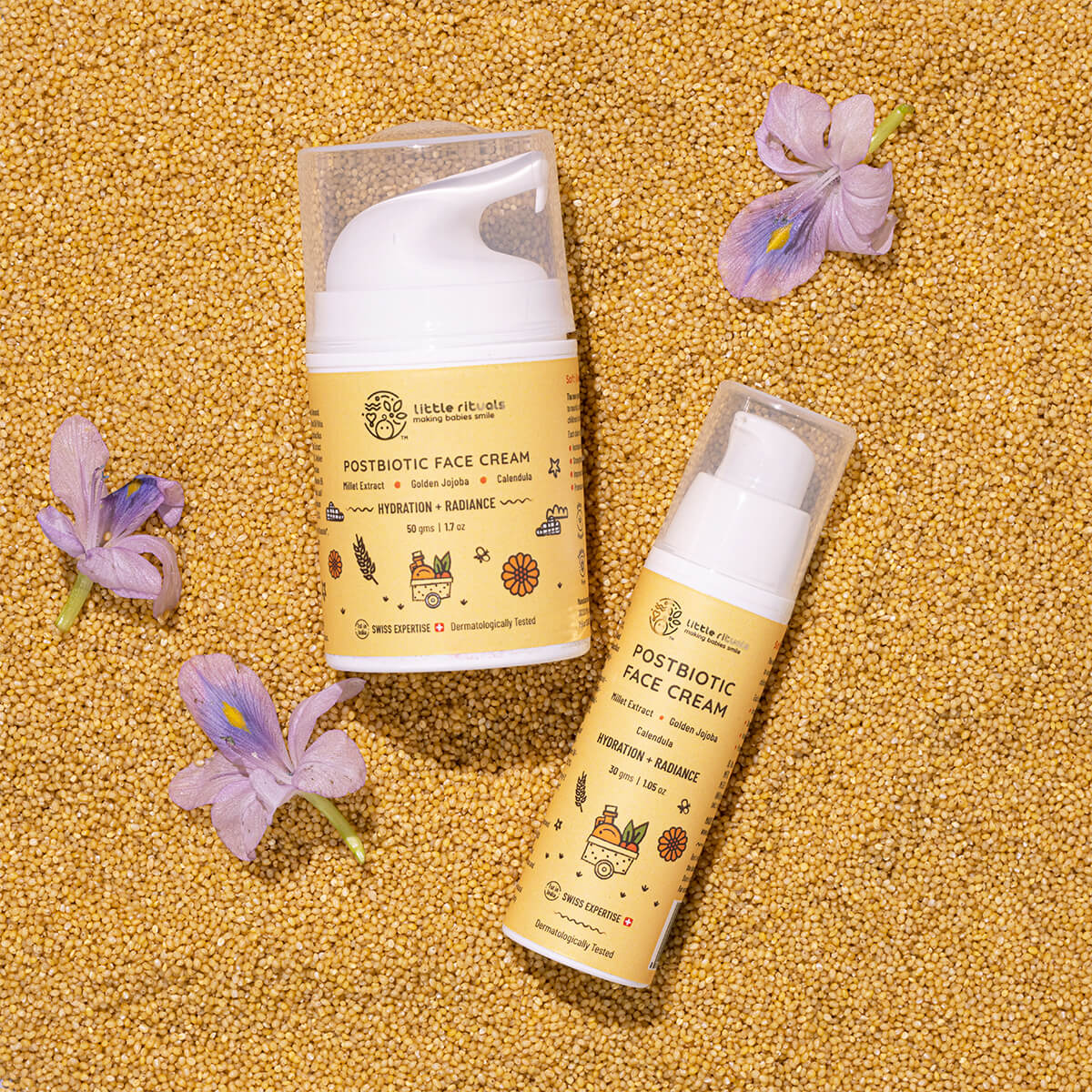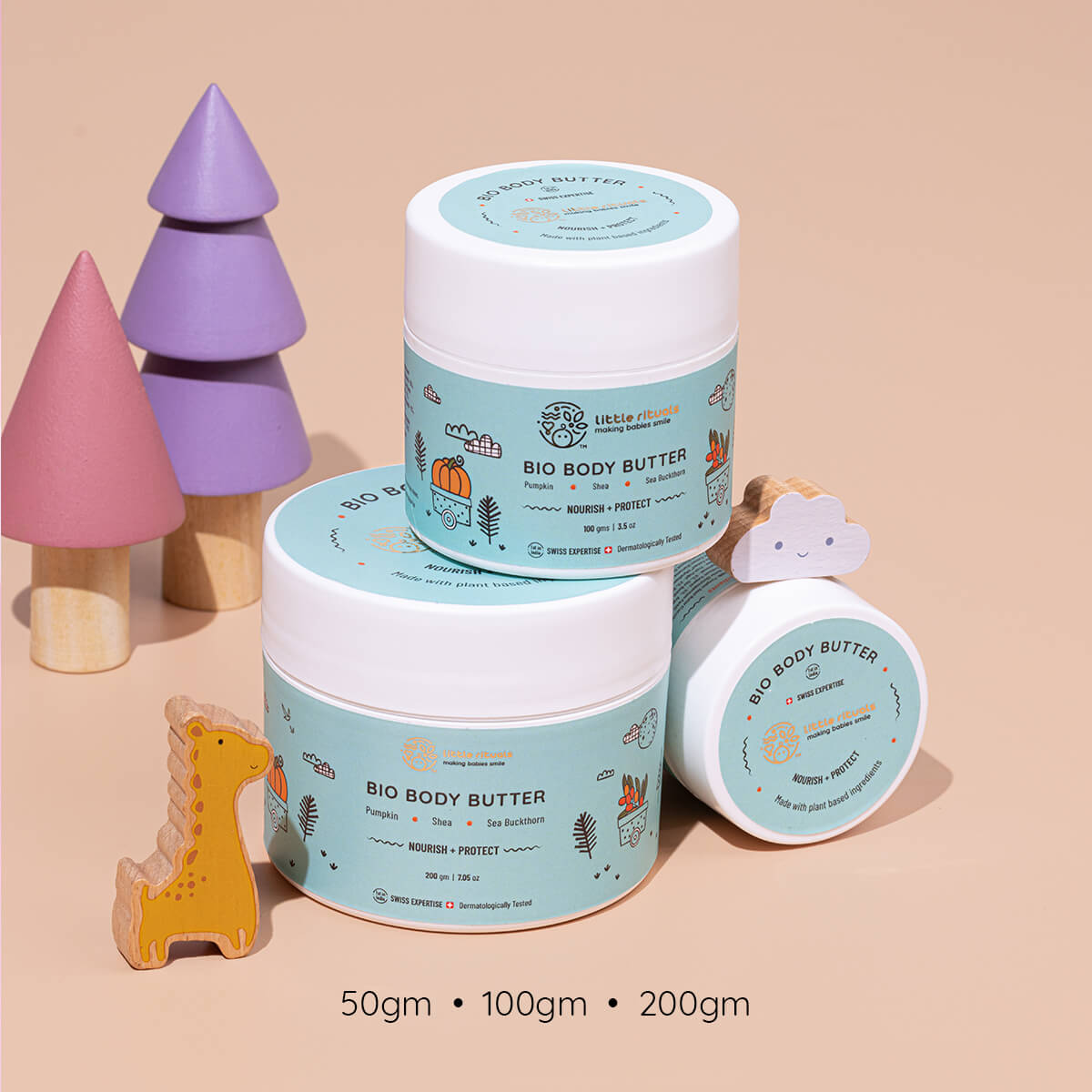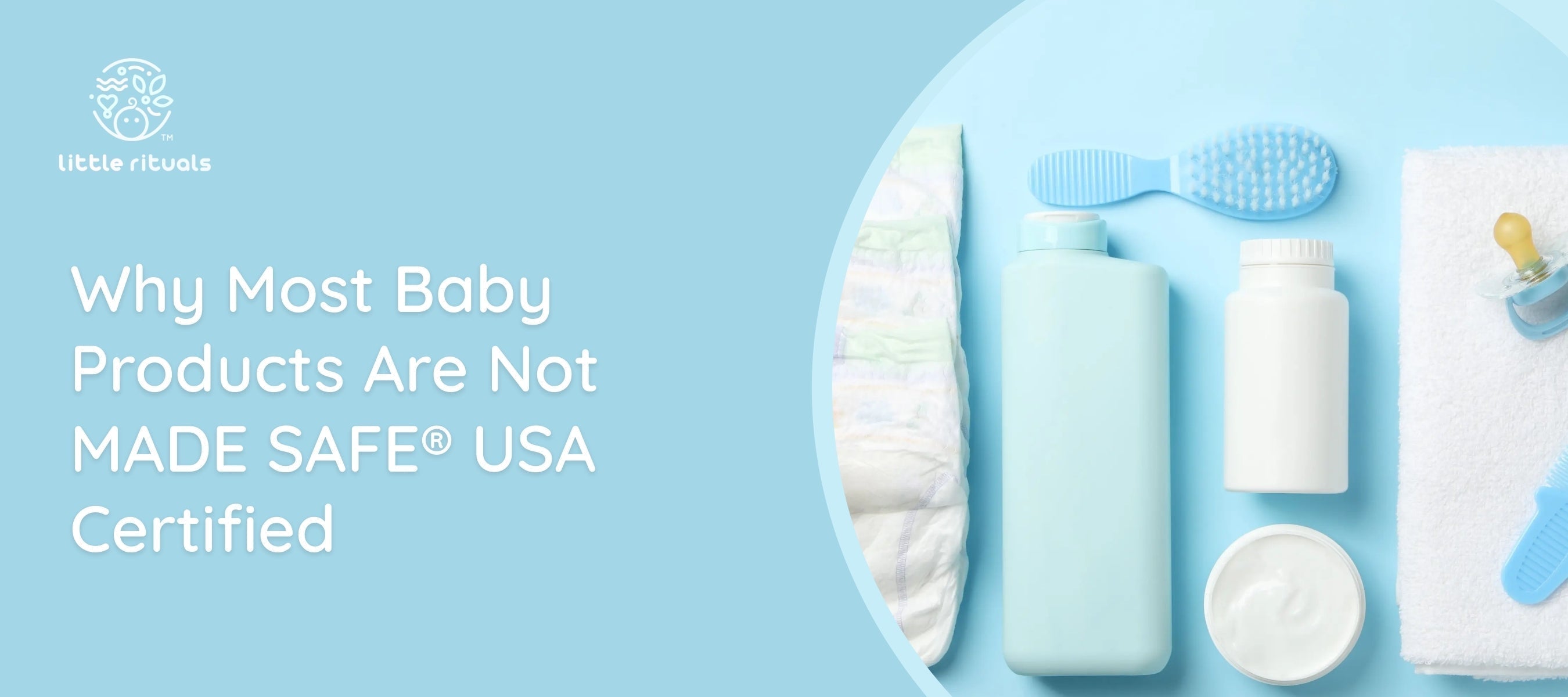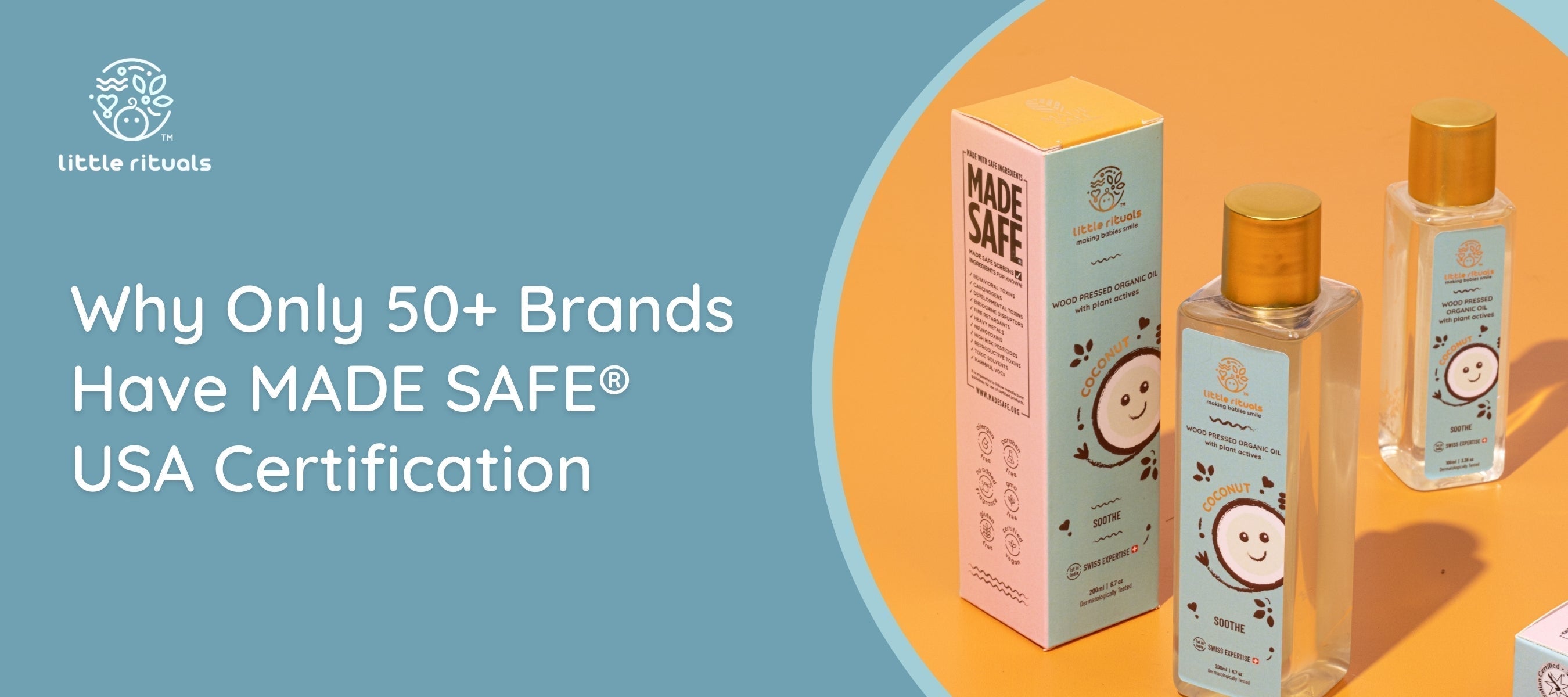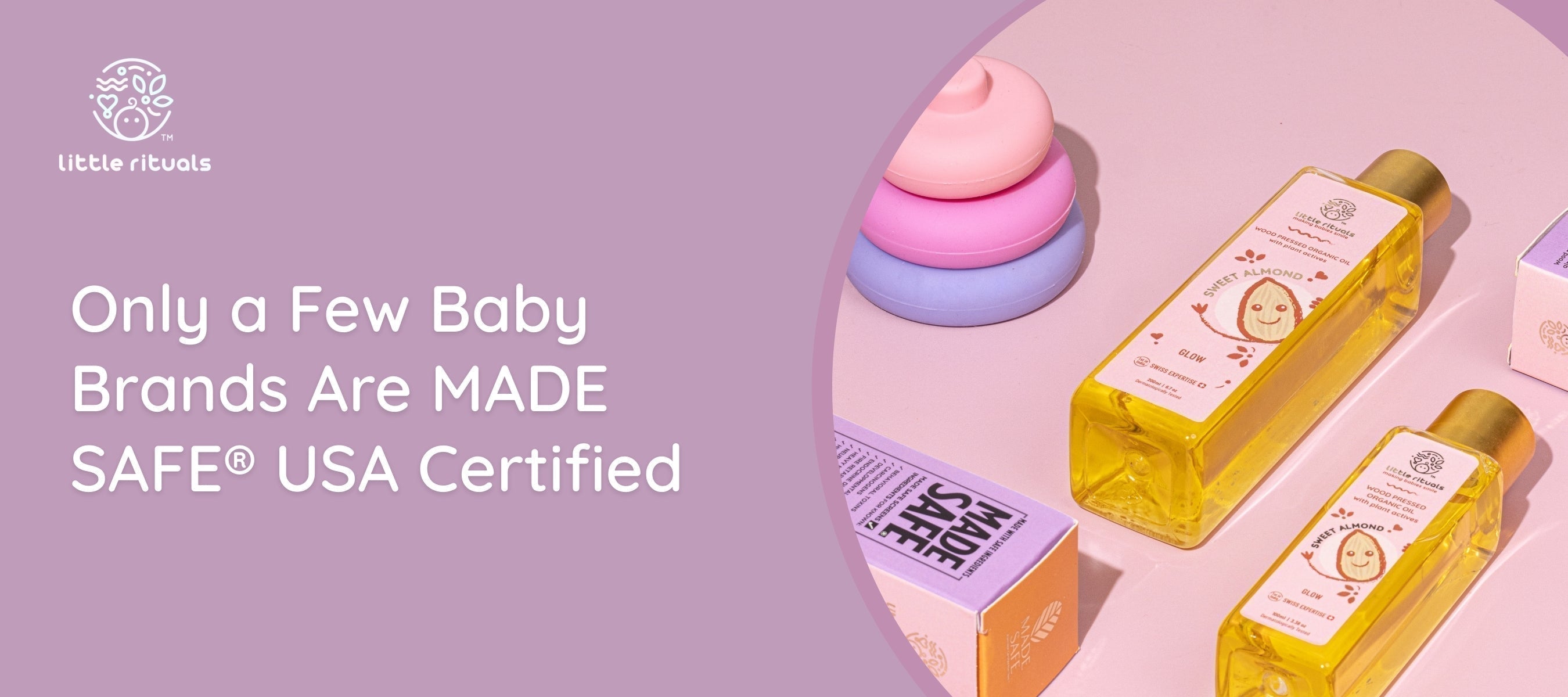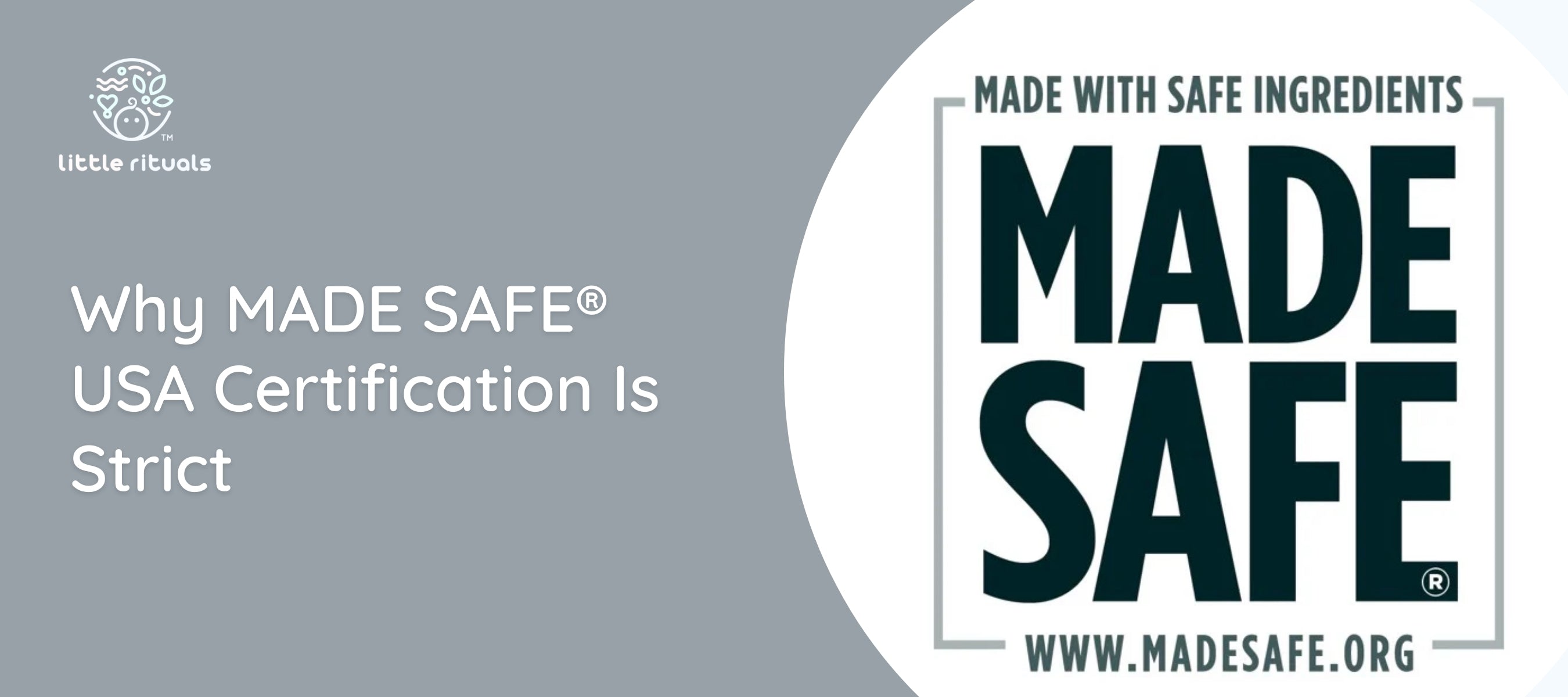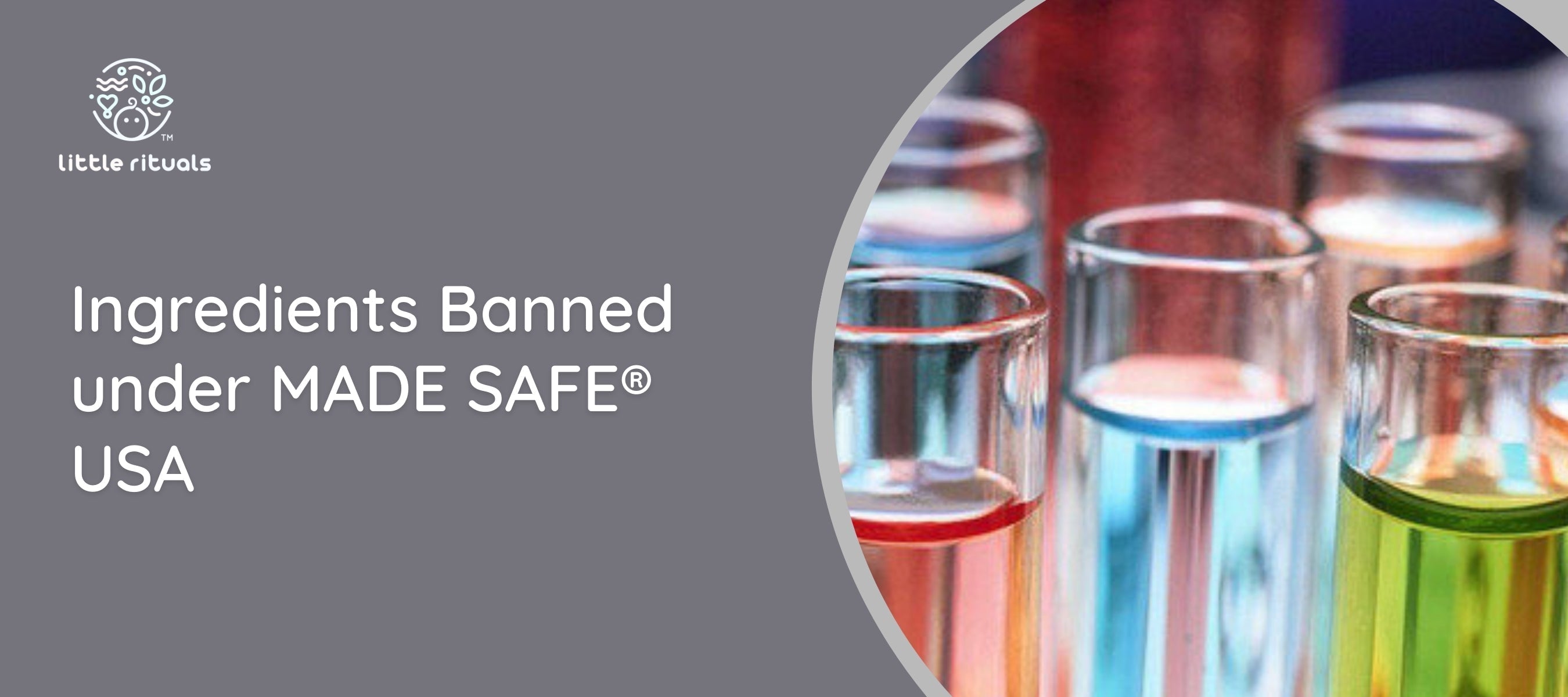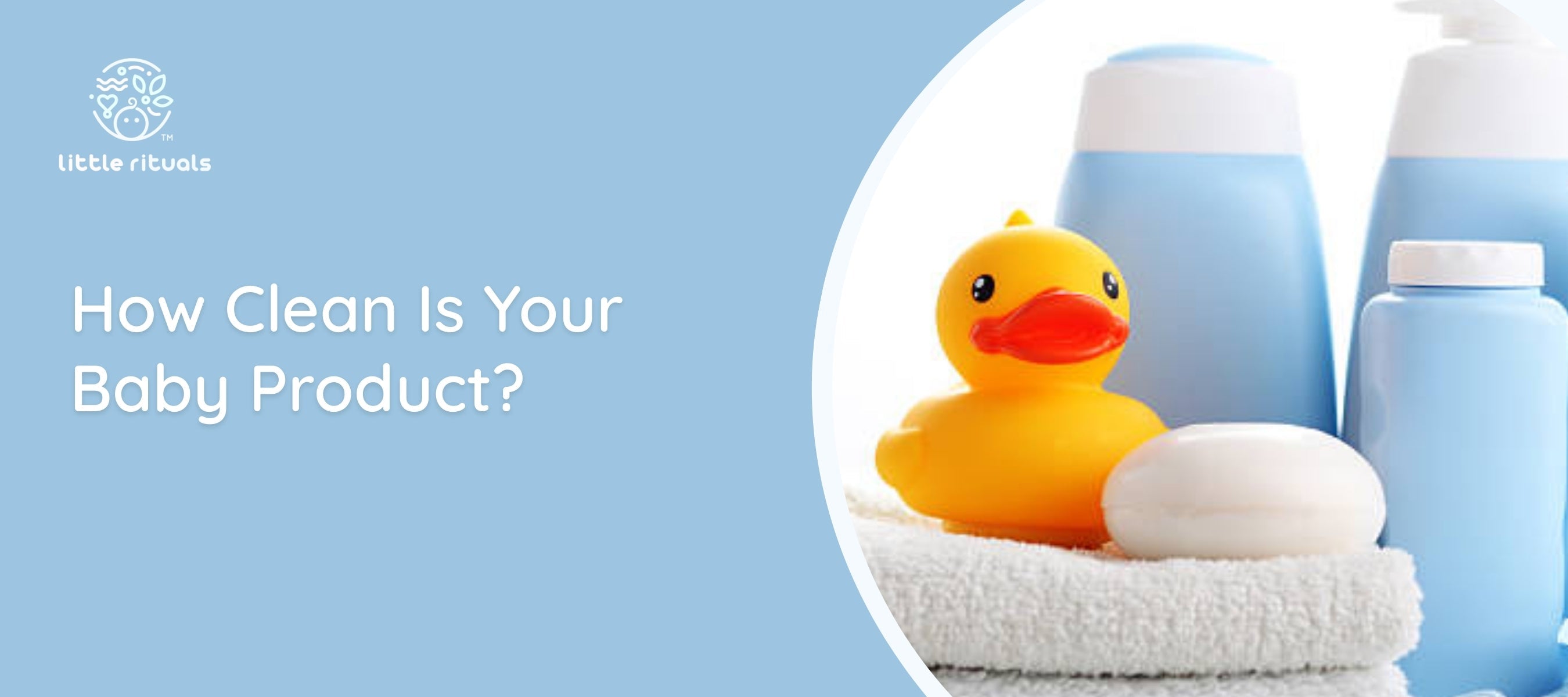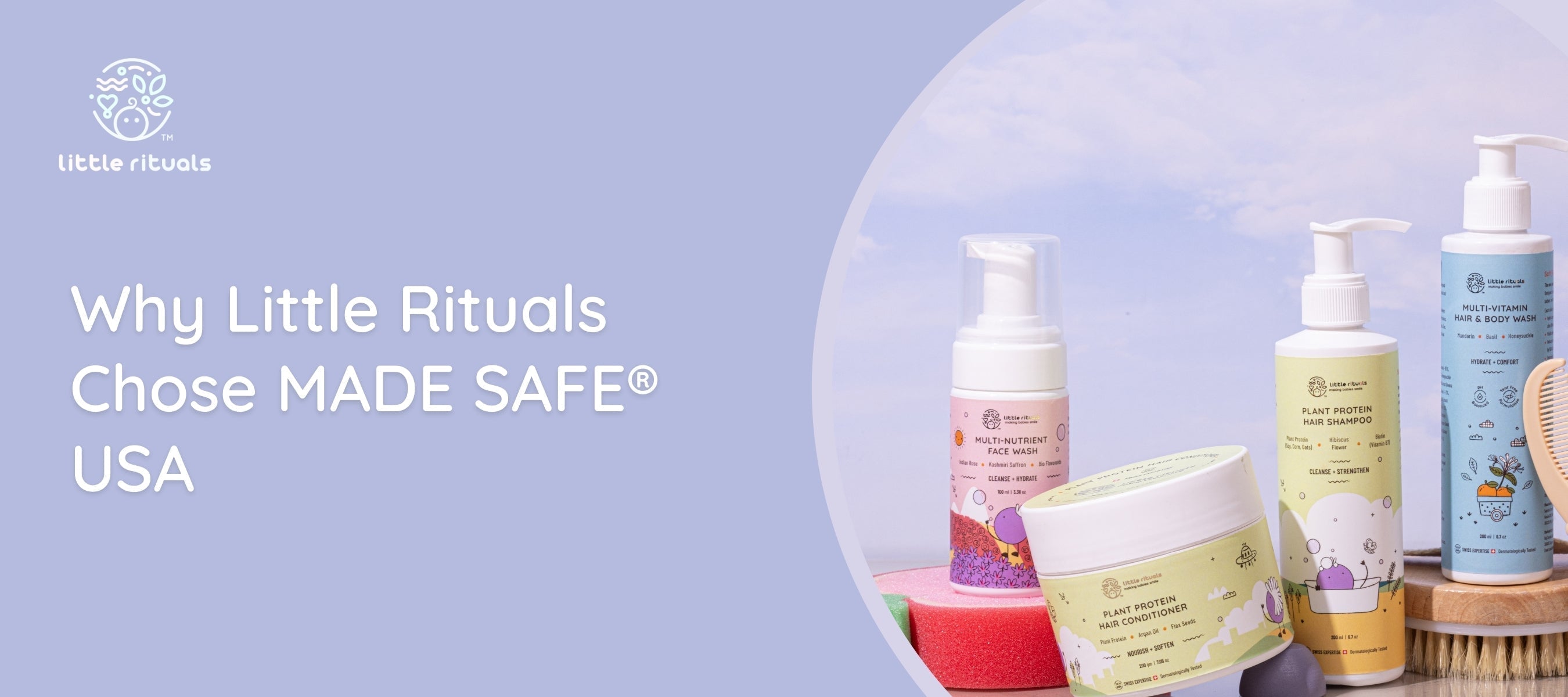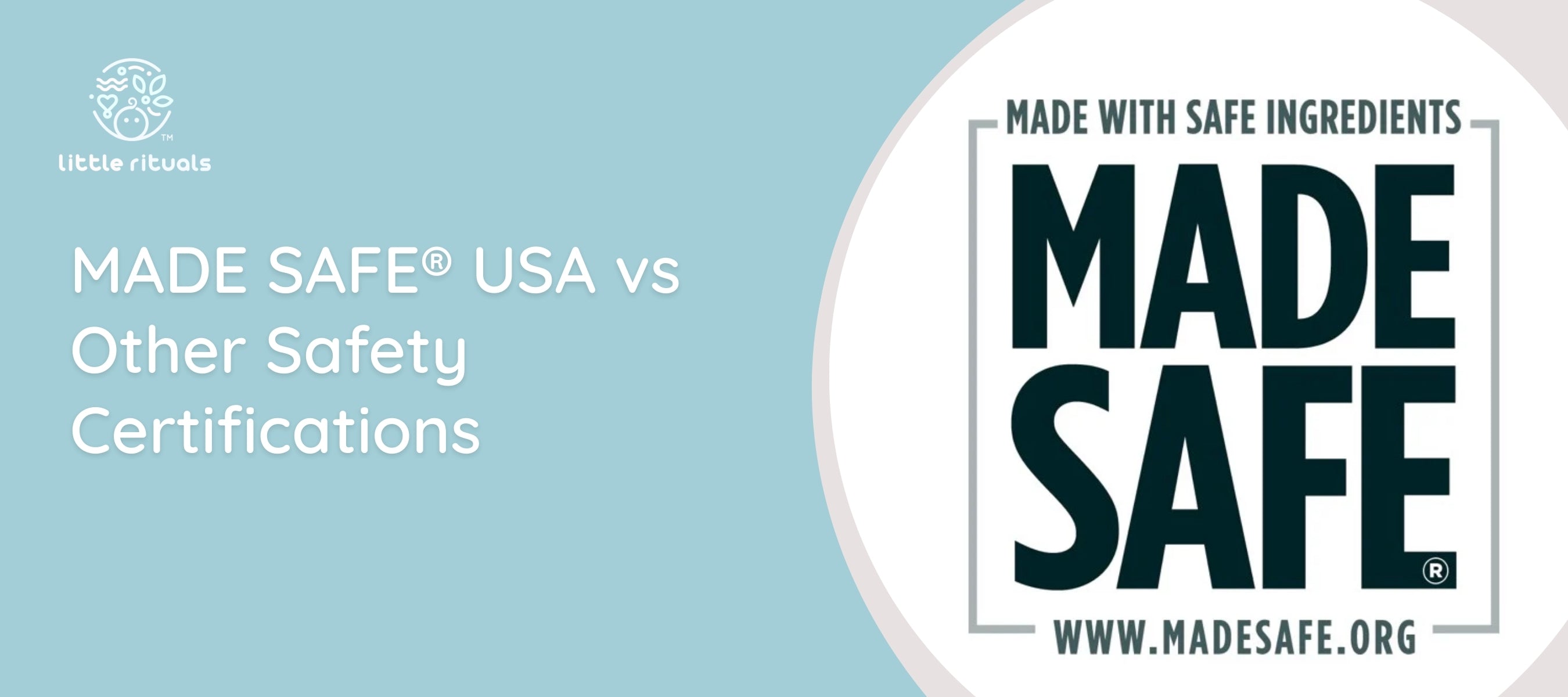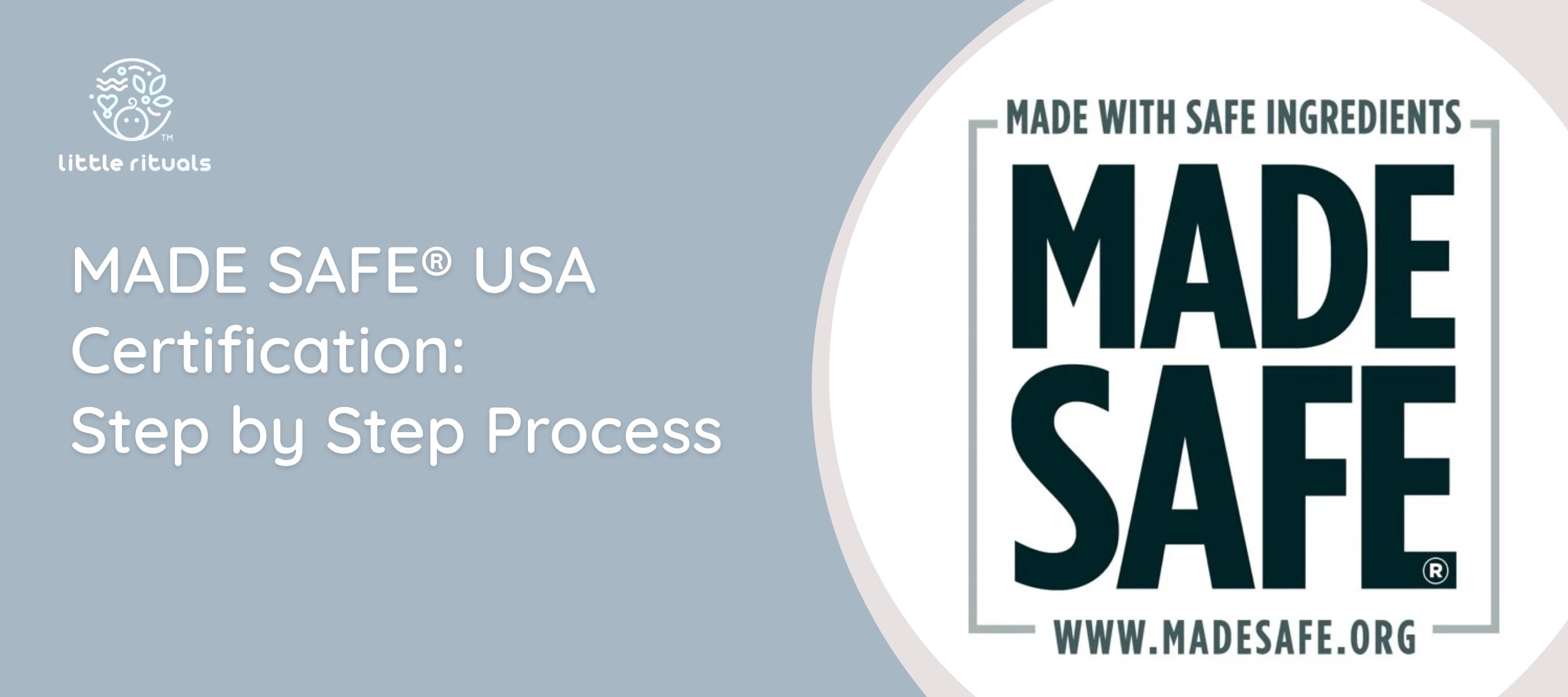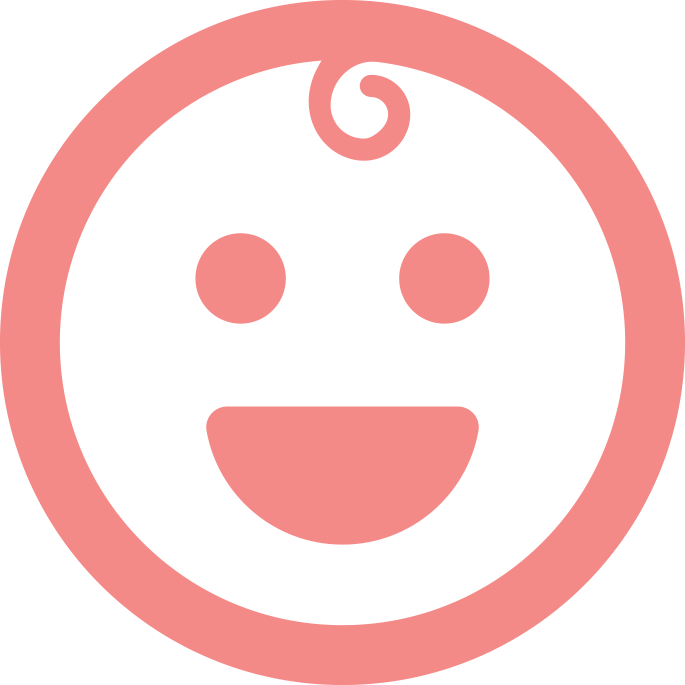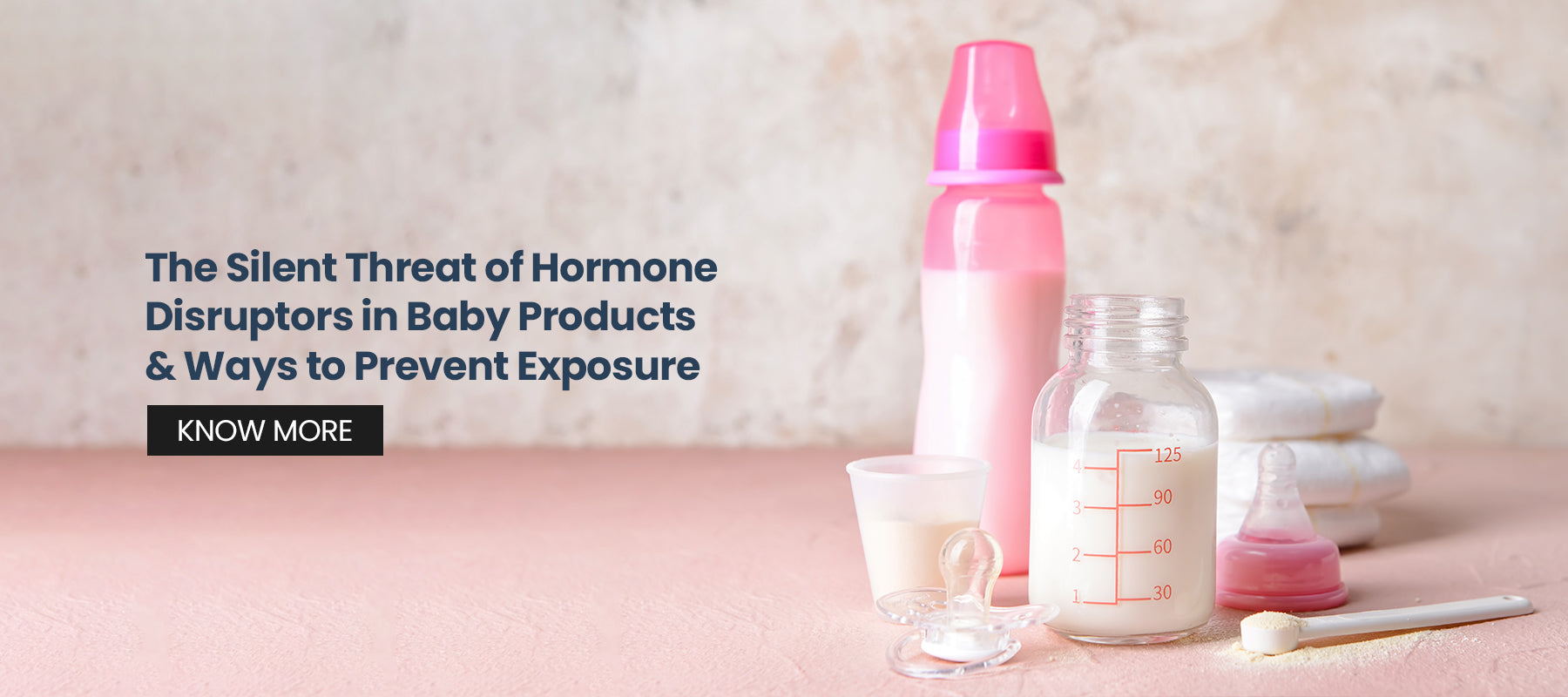
The Silent Threat of Hormone Disruptors in Baby Products & Ways to Prevent Exposure
When it comes to our little ones, every parent wants to provide the safest, healthiest environment possible. But what if the very products designed for babies—lotions, shampoos, diapers, and even baby bottles—contain hidden dangers? The reality is that hormone disruptors in baby products are more common than we think. These toxic chemicals can interfere with your child’s delicate hormonal balance, leading to long-term health concerns.
In this deep dive, we’ll uncover the toxic chemicals in baby care that are lurking in everyday products, explore their potential impact, and arm you with the knowledge to choose safe baby products for your child.

The Shocking Reality of Hormone Disruptors in Baby Products
Many everyday baby care items contain hormone disruptors—chemicals that interfere with the body’s endocrine system. These substances, known as endocrine disruptors in baby items, mimic or block hormones, potentially leading to developmental, reproductive, neurological, and immune problems in infants.
A 2021 study published found that over80% of baby care products tested contained toxic chemicals in baby care, including parabens, phthalates, and bisphenols. The worst part? These chemicals don’t just stay on the skin; they are absorbed into the bloodstream and can accumulate over time.
Related Read: Say No to Endocrine Disruptors: Choosing MADE SAFE® Certified Baby Care
How Hormone Disruptors Affect Your Baby
Infants are especially vulnerable to hormone disruptors because their bodies and organs are still developing. Unlike adults, babies have immature detoxification systems, making it difficult to eliminate harmful chemicals. Exposure to endocrine disruptors in baby items can result in:
- Early onset of puberty
- Developmental delays and behavioral issues
- Increased risk of allergies and asthma
- Disruptions in thyroid function
- Potential long-term reproductive health issues
Common Toxic Chemicals in Baby Care Products
Here are some of the most notorious toxic chemicals in baby care that parents should watch out for:
- Phthalates: Found in scented products like baby lotions, shampoos, and powders. These chemicals are linked to hormonal imbalances and reproductive disorders.
- Parabens: Used as preservatives in creams, wipes, and even diaper rash creams. Parabens mimic estrogen, potentially leading to hormonal disruptions.
- Bisphenols (BPA, BPS, BPF): Present in plastic baby bottles, sippy cups, and pacifiers. They interfere with brain development and hormone regulation.
- Formaldehyde-releasing preservatives: Found in shampoos and wipes, formaldehyde is a known carcinogen and irritant.
- Synthetic Fragrances: These can contain a mix of over 3,000 undisclosed chemicals, many of which have endocrine-disrupting effects.
- Triclosan: An antibacterial agent commonly used in baby washes and toothpaste that affects thyroid hormones.

How to Identify and Avoid These Chemicals
The key to protecting your baby is choosing safe baby products and reading labels carefully. Here’s a safe baby products guide to help you make informed choices:
- Read Ingredient Labels: Look for chemical names like parabens, phthalates, and synthetic fragrances. Avoid anything with “parfum” or “fragrance.”
- Choose Fragrance-Free Products: Many baby lotions and shampoos contain unnecessary scents that could harbor hormone disruptors.
- Opt for BPA-Free Bottles and Toys: BPA-free doesn’t always mean safe, so look for brands that use natural materials like glass or stainless steel.
- Use Cloth Instead of Disposable Wipes: Many conventional baby wipes contain preservatives that release formaldehyde. Opt for reusable organic cotton wipes with pure water.
- Switch to Organic and Natural Skincare:Brands committed to safety use certified organic ingredients free from harmful chemicals.
- Be Wary of “Greenwashing”: Just because a label says “natural” or “eco-friendly” doesn’t mean it’s free from toxins. Always check the ingredients!
Safe Alternatives: What to Use Instead
Instead of exposing your child to hormone disruptors in baby products, opt for safer, natural alternatives:
- Moisturizer: Choose organic coconut oil or shea butter instead of lotions containing parabens.
- Baby Shampoo: Use plant-based, sulfate-free shampoos.
- Diaper Cream: Zinc oxide-based creams without synthetic preservatives are a safer bet.
- Wipes: Look for 100% water-based wipes with minimal ingredients.
Must Read: Calm the Cry: Proven Pediatric Tips for Comforting Colicky Babies
Why Choose Little Rituals?
At Little Rituals, we understand the challenges parents face when trying to navigate the world of safe baby products. Our commitment to purity means no harmful chemicals, no endocrine disruptors—just nature’s best for your baby.
We offer a curated selection of baby care essentials made from the safest, organic, and plant-based ingredients, ensuring your baby gets the nourishment they need without exposure to toxins.
By choosing Little Rituals, you’re not just buying baby products—you’re investing in your child’s health and future.
Ready to make the switch to safer baby care? Explore our toxin-free range today at Little Rituals.
FAQs
How do I know if a baby product contains hormone disruptors?
Check the ingredient list for phthalates, parabens, BPA, triclosan, synthetic fragrances, and formaldehyde-releasing preservatives.
Are organic baby products always safe?
Not necessarily. Some organic products may still contain synthetic additives. Always read labels and choose brands with transparent ingredient lists.
Can hormone disruptors affect my baby even in small amounts?
Yes. Even low doses of endocrine disruptors can have long-term effects, as babies’ bodies are more sensitive to hormonal changes.
What’s the best alternative to conventional baby wipes?
Water-based wipes with minimal ingredients or reusable organic cotton wipes are the safest options.
How can I be sure Little Rituals products are free from hormone disruptors?
At Little Rituals, we prioritize safety by using only certified organic, toxin-free ingredients and rigorously testing our products for purity.
















